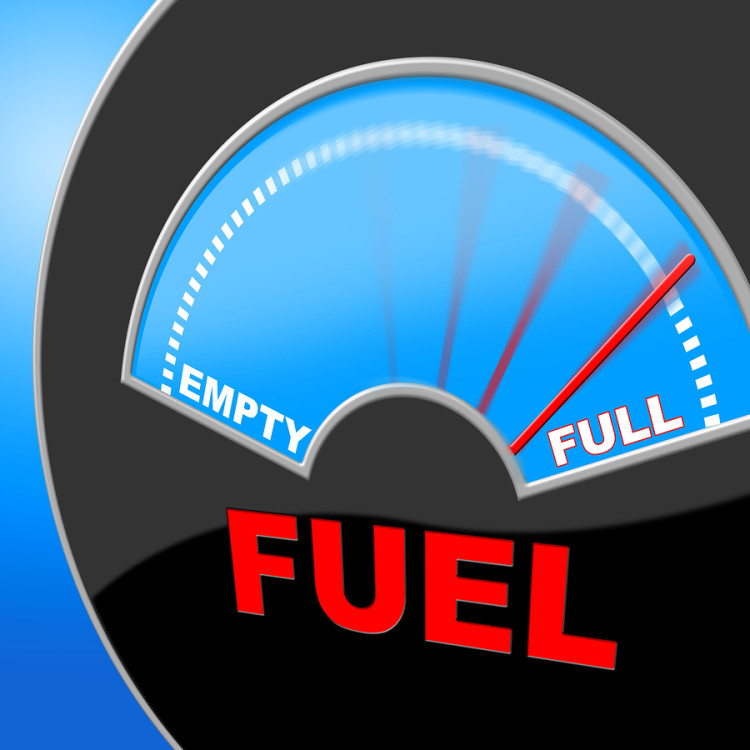The U.S. Is Losing Ground in the Race for Energy Efficiency

published Jun 26, 2018 8:30:14 AM, by Riley Griffin
(Bloomberg) —
Italy and Germany tied for first place in the worldwide energy-efficiency race, according to a biennial international scorecard released on Tuesday by the American Council for an Energy-Efficient Economy. France, the United Kingdom and Japan followed suit.
The United States fell, from 8th in 2016, to 10th in the new ranking of the 25 largest energy-consuming countries in the world. This shift comes as result of both recent policy changes, including the White House’s decision to pull out of the Paris Climate Agreement, and amendments to the scorecard’s methodology, such as the scoring of residential and commercial building codes.
“The Trump administration’s actions could very well affect the U.S.’s future rankings,” said Shruti Vaidyanathan, the report’s author. “The European Union has recently recommitted to energy-efficiency targets. But we’re looking at the polar opposite here in the U.S.”
The countries ranked by the ACEEE scorecard represent 78 percent of all energy consumed on the planet and 80 percent of the world’s gross domestic product in 2014. The report scored each country’s efficiency efforts, using 36 policy and performance metrics over four categories, including buildings, industry, transportation and overall national energy efficiency progress.
Saudi Arabia and the United Arab Emirates ranked lowest this year. Mexico was the most improved country, jumping from 23rd to 19th, partly due to the country’s recently enacted mandates for energy audits and on-site energy managers in large industrial facilities.
Global demand for energy is projected to grow 30 percent by 2040, according to a 2017 report from the International Energy Agency. “Of the 25 countries we rated, all of them had room for improvement,” Vaidyanathan said.
To contact the author of this story: Riley Griffin in New York at rgriffin42@bloomberg.net
copyright
© 2018 Bloomberg L.P



No Comment